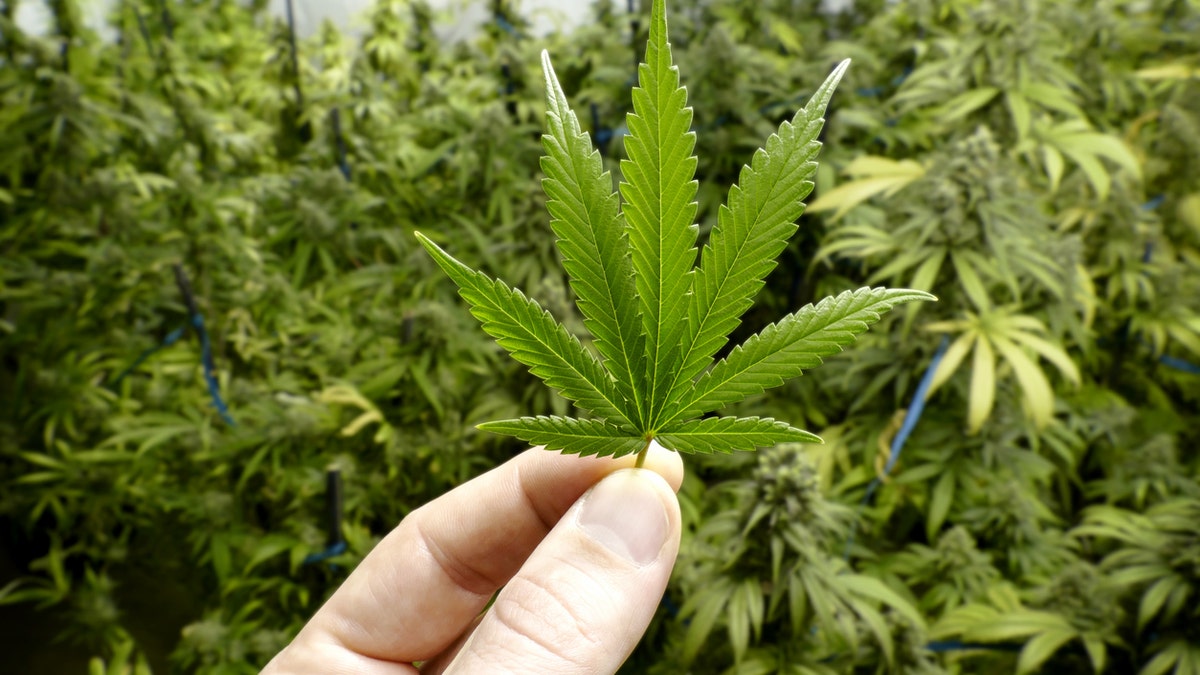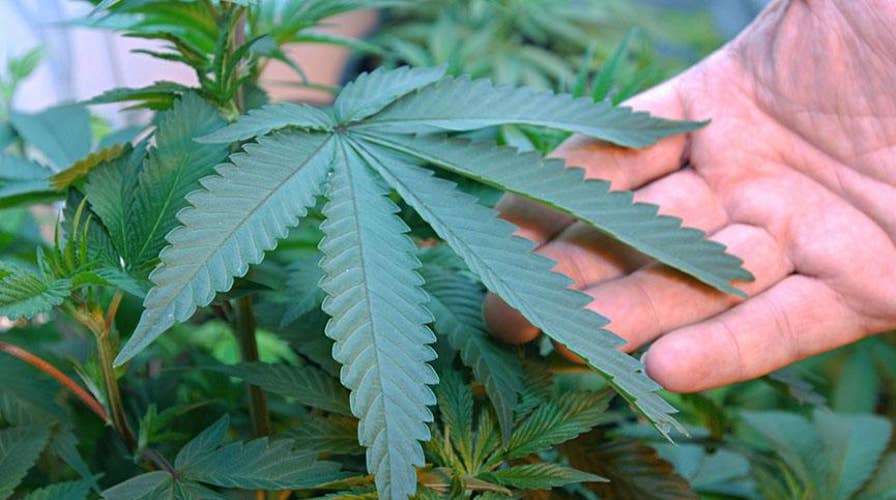Tax revenue boom after states legalize recreational pot
Tax revenue soars from legal recreational marijuana sales; issue still up for debate in several states as the midterm elections approach.
Legalized recreational marijuana has become a cash cow for Nevada – with the state raking in millions of tax dollars a month in pot sales and putting a dent on the black market.
Tax revenue gained from the plant’s legalization in July 2017 has far exceeded expectations, according to the Nevada Department of Taxation. Sales and tax collections have surpassed year-end estimates by 25 percent.
Initial forecasts showed expected revenue at about $5 million a month. In May, $7.1 million was collected, up from the previous high in March of $7 million.
Other states that followed suit are also seeing green. Alaska, in its first year of legalization, saw similar projections trounced. It has raked in $11 million – about $2 million over initial estimates.
“Every successive state points to the previous states and Nevada is a good example of implementing medical and recreational programs in a responsible way,” said Andrew Jolley, a dispensary owner and president of the Nevada Dispensary Association.
Nine states allow for recreational use, including the nation’s capital. Marijuana will be on the ballot in several states during the midterms this fall. But some still question whether legalizing marijuana is the right way for states to make money – and whether it encourages teen pot use.

A proper tax balance is intended to eliminate a black market, but if rates are too high, consumers will end up not participating in what legalization was designed to do: bring business out into the the open. (2014 Getty Images)
The tax revenue from marijuana allows state and local governments to pump more money into programs that were lacking funding. In Nevada, a percentage of the revenue goes to public schools and education-backed initiatives, while in Alaska, revenue goes toward fighting recidivism rates among the state’s ex-cons.
Still, experts say there are other things to consider when legalizing marijuana.
“Tax revenue is not the reason to make marijuana legal and regulated, it’s about public safety and public health. But the tax revenue is certainly a bonus and a lot of states see that and they want that benefit,” said Mason Tvert, spokesman for the Marijuana Policy Project. ”Why send millions of dollars each year into the underground market when that could be going to state and local coffers and benefitting the populations of these states?”
There are also concerns about how much to regulate – and tax – legal pot.
In Nevada, the pot is taxed at 30 percent. When Colorado and Washington rolled out tax frameworks, both were initially over 30 percent. But some think that a high rate will encourage users to head to the black market – which goes against the initial intent: to keep it in the legal marketplace.
“I think we’re at that threshold. I think, if anything, we should lower taxes to ensure that the legal regulated economy and industry stays intact and continues to thrive,” Jolley said.
Nevada also has strict regulations on its use. Public consumption is not allowed, leaving many tourists who visit Las Vegas with few places to use it.

The tax revenue allows state and local governments to pump more money into programs that otherwise were lacking funding. (OpenRangeStock)
Critics fear there will be a rise among young teen users, especially high school students. State law puts the purchasing age at 21, but legalization will bring more access. Jolley disputed that claim, citing Colorado data that showed a six year drop in use among younger teens.
“It’s no longer a rebellious thing to do, therefore, the younger teens tend not to do it as much,” Jolley said.
Michigan has a ballot proposal that would legalize recreational use, if it passes. Several state legislatures are also considering legalization legislation this fall.
The domino effect could continue around the country. And advocates are optimistic.
“Every year, we’re seeing these measures take another step forward,” Tvert said. “And we’ve reached a point where we do expect to see these laws pass in some of these states in the next 12 months.”










































